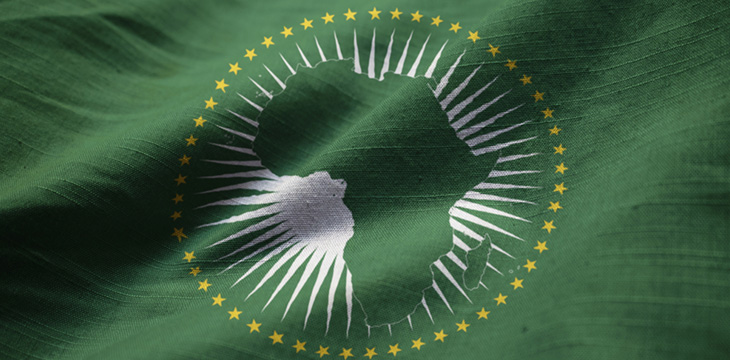The African Union has launched a new continental artificial intelligence (AI) strategy that seeks to leverage AI to drive socio-economic transformation.
The strategy, known as the African Union (AU) Continental AI Strategy, was approved by the continent’s ICT ministers in June and adopted by the AU Executive Council a month later, but the official document was not released until August 9.
The AU says AI can “stimulate economic growth, create new industries, drive innovation, create job opportunities, create new businesses for women and youth, and support the preservation of Africa’s cultural heritage.”
The agency also believes that technology can help solve some of Africa’s most pressing challenges, including agriculture (which employs 70 percent of the region’s workforce), education, finance, health and public service delivery.
A separate report from AI4D Africa estimates that AI could add $2.9 trillion to the African economy by 2030.
AI is rising fast in Africa. According to Stanford’s AI Index report, Kenya ranks second in the world in the percentage of its population that knows ChatGPT, behind India. 27% of Kenyans also reported using chatbots on a daily basis, third in the world.
African countries are already using AI to provide better services. In Morocco, the judiciary is using the technology to transcribe judgments, conduct research, and assist with other manual and tedious processes. In Togo, the government is using AI to identify and target the poorest areas for distribution of social funds.
Agriculture was the largest contributor to AI use in Africa, accounting for 49% of the sector’s use, followed by climate change response and energy at 26% and 24%, respectively, according to a report released by the GSMA last month.
AI holds great promise, but it also has challenges. First, the region’s workforce is undereducated and lacks the skills to use the technology. A study by Oxford Martin School found that 85% of Ethiopia’s workforce could be replaced or reduced by AI automation, the highest rate in the world. Other larger economies, such as Nigeria and South Africa, also rank high on this scale, both above 65%.
Another major obstacle is the need for regional regulatory frameworks. While most countries have laws on AI, regional coordination has been minimal. This reduces regional AI initiatives and increases the cost for companies trying to roll out solutions across Africa, as they must comply with new laws in every jurisdiction.
Nonetheless, the AU believes that Africa is well positioned to leverage AI to achieve the Sustainable Development Goals, thanks to its rapidly growing young and tech-savvy population and increasing smartphone and internet penetration.
For artificial intelligence (AI) to operate within legal boundaries and succeed in the face of increasing challenges, it must integrate enterprise blockchain systems that ensure data entry quality and ownership, ensuring data immutability while keeping it safe. Check out CoinGeek’s coverage To learn more about this new technology: Why Enterprise Blockchain Will Be the Backbone of AI.
Watch: Emerging Technologies in Africa with Becky Liggero
width=”560″ height=”315″ frameborder=”0″ allowfullscreen=”allowfullscreen”>
Are you new to blockchain? Check out CoinGeek’s Blockchain Beginners section, the ultimate resource guide to learning more about blockchain technology.

